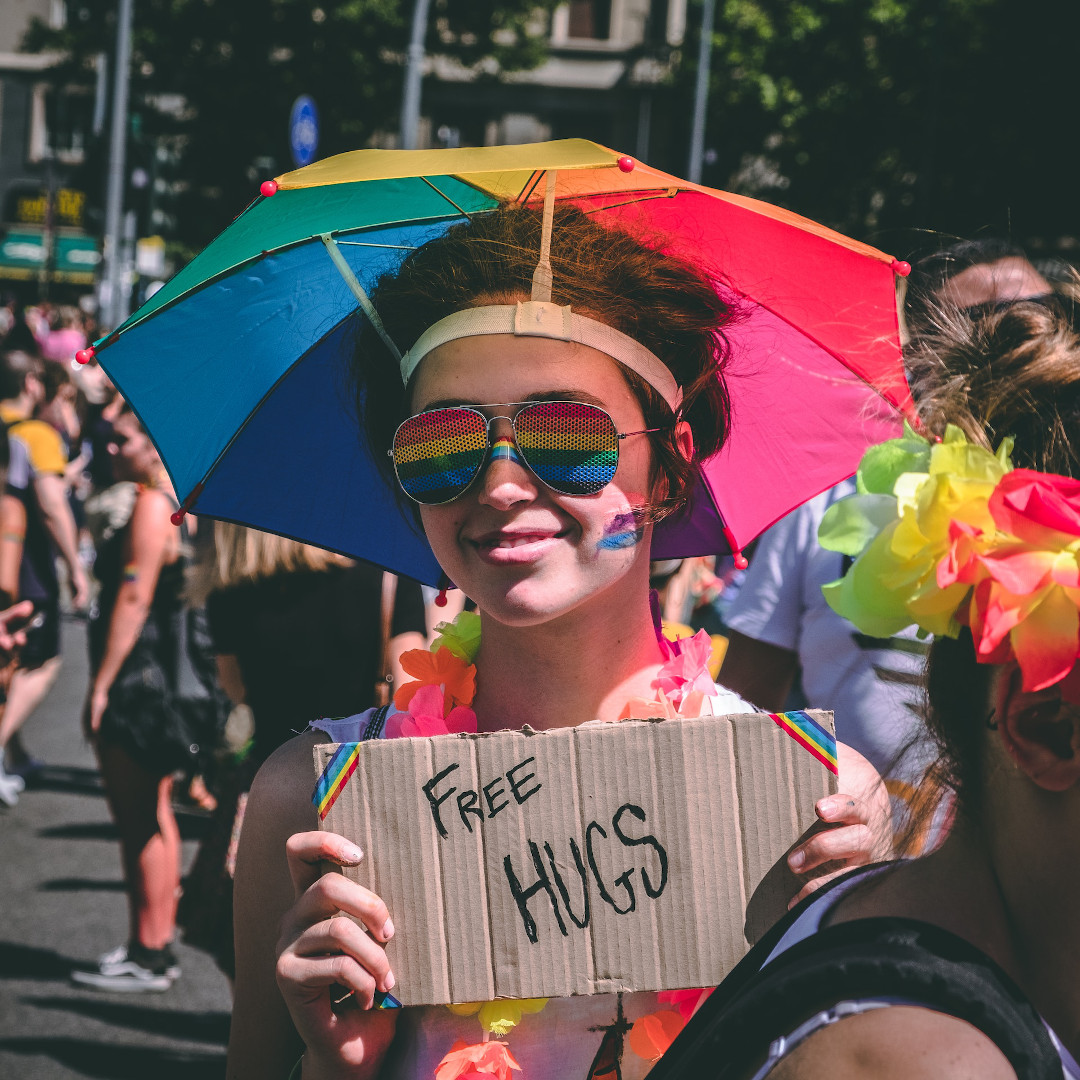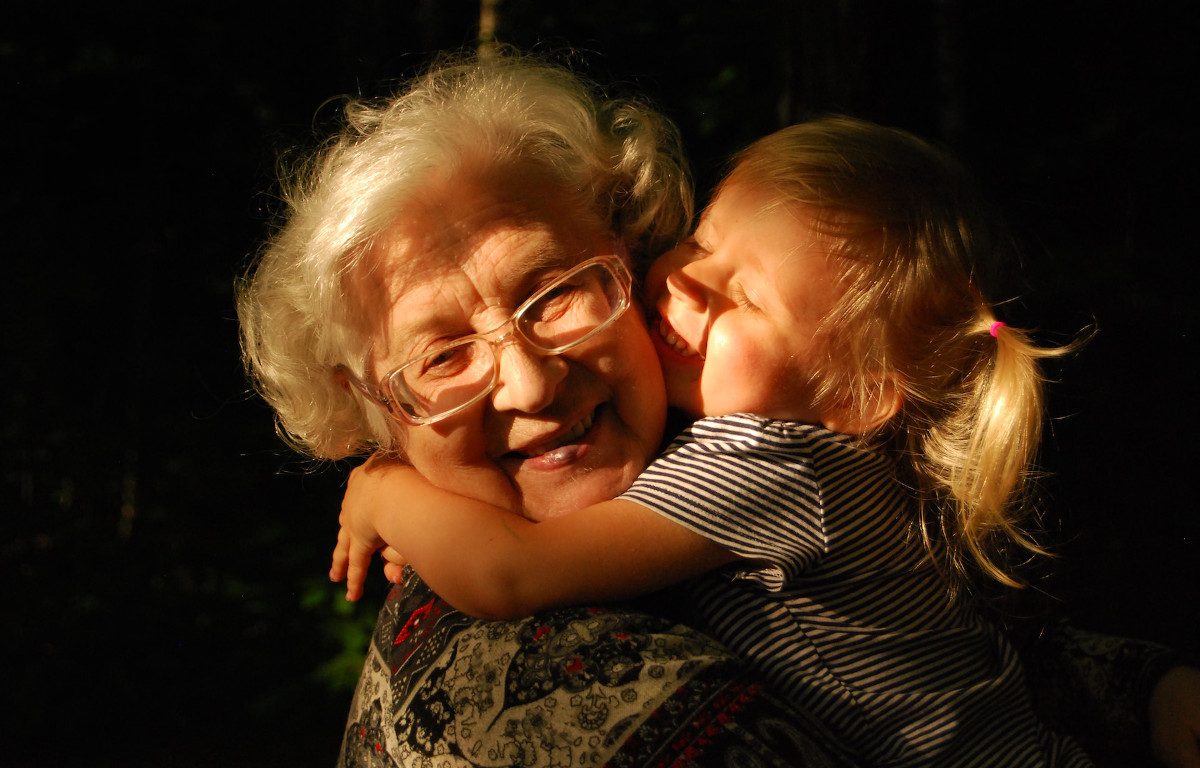From birth, humans are primed for physical touch and hugging is a great way to get it. The act of hugging releases feel good hormones in your body. Kids that are raised in families that show affection through hugging tend to be huggers in their adult lives. Culture can be a factor in whether or not people hug. Regardless of cultural upbringing, hugging is a sign of caring for the other person and helps build relationships.
The Power of Hugging
When we experience a hug, our bodies release oxytocin, dopamine, serotonin, and endorphins. These in turn elevate the level of happiness we are experiencing, improve our mood, lower stress and depression. Hugs bring our focus into the moment, they can help lower our heart rate and blood pressure, as well as reduce the level of pain we feel. An added bonus to hugging is a boost to the immune system.
Hugging can be extremely powerful. It plays an important role in not only emotional behaviour, but also our cognitive and social behaviours. The positive physiological effects of the chemical changes happening in our bodies creates a sense of calm. It also brings us closer to the person we are hugging with, and builds trust in the relationship.
People who have been deprived of skin-to-skin contact for a long time – also known as touch starvation, touch deprived, or skin hungry – experience overwhelming loneliness and it can often lead to depression. The body also becomes more stressed over time and anxiety increases. The body responds by making more cortisol, which causes your heart rate, blood pressure, muscle tension, and breathing rate to go up, leading to complications with your overall health.
Short or Long, Real or Substitute
The longer we hug, the better the results. Research shows that a 20-second hug (or longer) releases oxytocin, creating a stronger bond between the huggers. Before hugging, ensure that it is in the appropriate context, and that the other person is comfortable hugging you back. Not everyone is comfortable with touch, and if you haven’t talked about it, ask first. Some people are also not comfortable embracing for too long. It isn’t a reflection of who you are, just respect their boundaries.
If you are experiencing social isolation or are unable to get hugged by someone else, hug yourself! Research has shown that hugging yourself can actually mimic the effects of being hugged by another person. You may not be aware of your need to be touched, but subconsciously, you may seek alternate activities that are comforting, like taking long baths or showers, wrapping yourself in a blanket, or holding on to your pet. A word of caution, make sure your pet wants to be held to avoid any responses that could lead to physical harm towards you. Weighted or heated blankets, stuffed animals, and body pillows have seen a spike in sales with ever-increasing loneliness in society and serve as alternatives that mimic the sensation of human touch.
There is nothing wrong with engaging in substitutes for your touch needs. But I encourage you to have at least one person in your life that you can hug. If you are newer to hugging in general, don’t be afraid to talk to someone about your needs and comfort levels. It is okay to go slow and it is okay to ask for a hug.
Free Hugs

Hug someone today.
A hug can mean different things, depending on the existing relationship and the context you find yourself in. Hugs can be a sign of family, friendship, or intimacy. They can be a way to show support, comfort, and love. Hugs are non-verbal, so for those who struggle to put words to their thoughts, a hug can say a lot. From sports teams to work colleagues, hugs can be acceptable in professional settings, but the ones with family, close friends, and lovers tend to be longer and the most intimate, reaping the most rewards for your well-being. Add hugs into your life to maximize your self care routine.
IMAGE CREDITS: Feature image – Unsplash | Ekaterina Shakharova. Article image – Unsplash | Mick de Paola.

